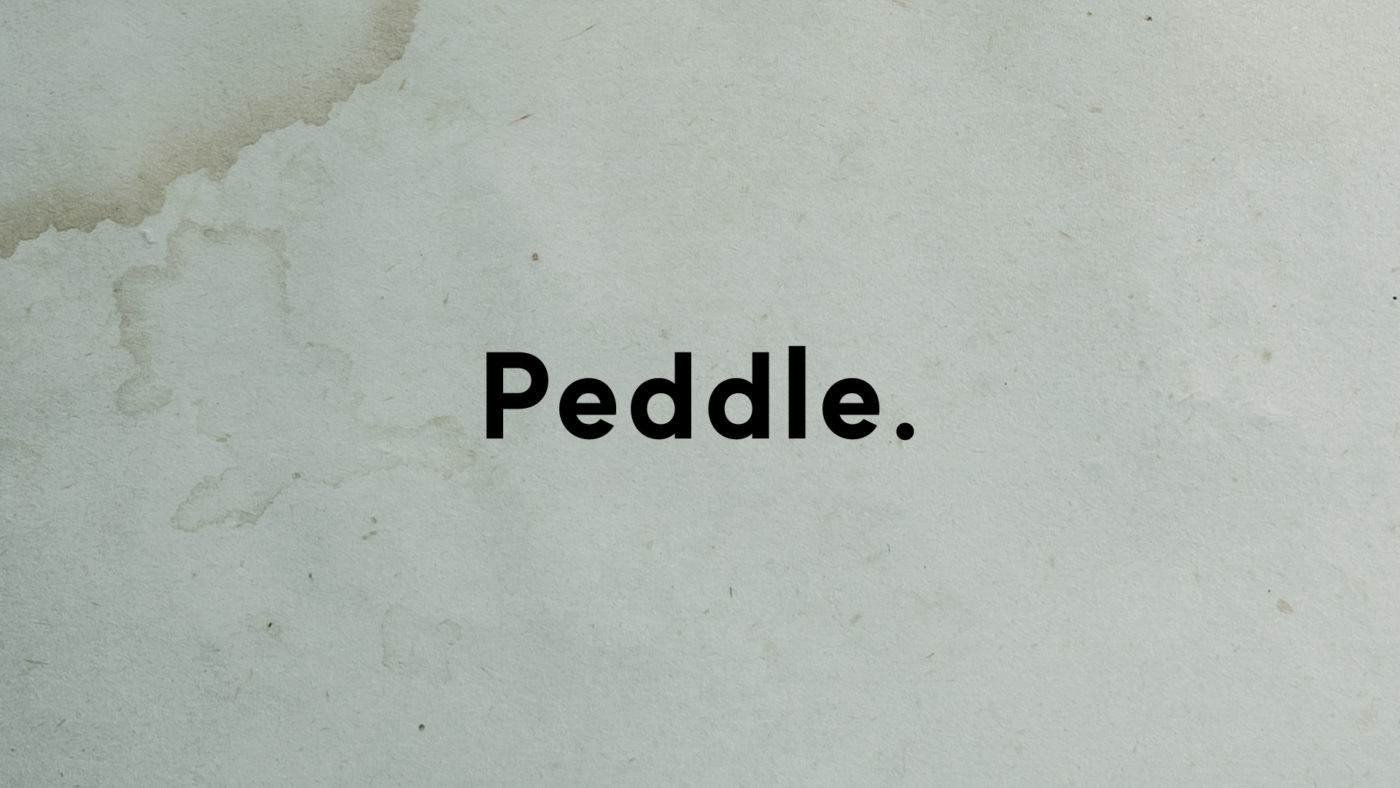
Peddle
The wine merchant of ancient times had a reputation somewhere between that of a used-car salesman and a dope peddler.
He eagerly hawked his merchandise in the marketplace, promising an ample measure of the finest quality wine. In truth, his product was usually watered down and adulterated, measured out in false measure to make a quick profit. The word for peddling merchandise in this manner was kapeleuo (kah pay LU oh).
It was to become Paul’s word in 2 Corinthians 2:17 to describe some sleazy dealers in the divine–holy hucksters.
The word kapeleuo spread from the dishonest wine merchant to describe others who were out to make a fast, but dishonorable, shekel. This word was used to describe prostitutes who peddled their own flesh, corrupt officials who trafficked in grants of citizenship, and pseudo-philosophers who sold their bits of “wisdom” to eager and unsuspecting students.
Plato warned about “those who carry about items of knowledge, to sell and hawk them to anyone who is in want of them . . . though neither they nor their customers know their effect upon the soul.”
Paul warned the Corinthians about certain men who sought to turn a quick profit on the Jesus trade.
These holy hucksters perverted the truth of the gospel and made some quick sales. Both their motives and their message were corrupt.
Holy hucksters can still make a fast buck on the religious market. Their watered-down gospel seems tasty enough and the cost they count sounds attractive. Their adulterated product may lack its saving power, but they either don’t know or don’t care about that. What they say sounds good and it sells in the marketplace. Their pulpit, radio microphone, or TV camera dispenses their pollution. As in ancient Jerusalem, “Thy hucksters mix their wine with water” (Is. 1:22).
But Paul was no holy huckster:
“We are not like many, peddling the word of God, but as from sincerity, as from God, we speak Christ in the sight of God” (2 Cor. 2:17).









